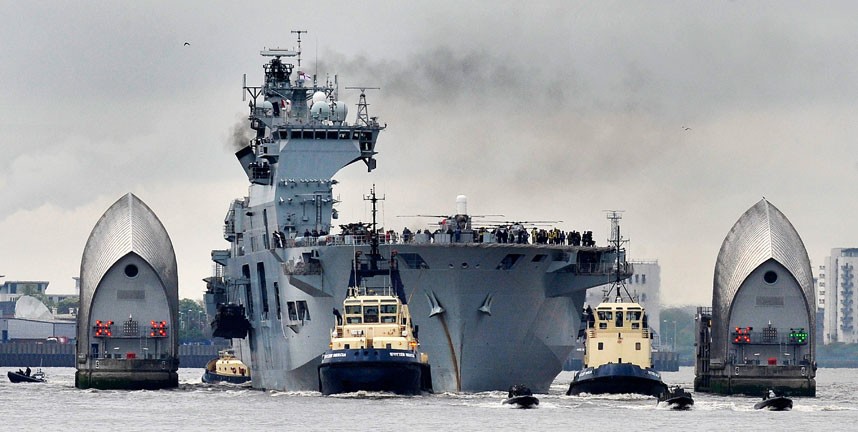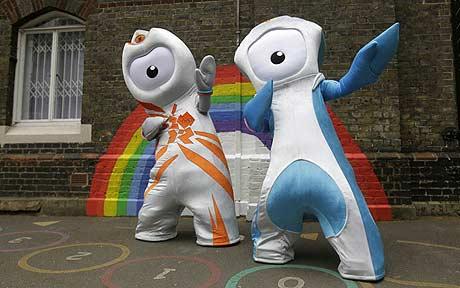Chris Selley explains what will happen with our Olympic team and the media’s saturation coverage of their every effort:
As I write, Canadians are currently warming up their typing fingers and talk radio voices in anticipation of the traditional Olympic psychodrama. Almost certainly, at some point, there will be a paroxysm of angst over a medal drought. Almost certainly people will extrapolate from that certain lessons: We don’t spend enough on amateur athletics. We spend too much on amateur athletics to deserve these bums. We aren’t winning medals because our athletes have been pampered by the welfare state.
If we do win a lot of medals, that will displease a whole other constituency. There are those among us who deride the whole idea of caring that a Canadian might jump higher or run faster than an Italian as an absurd, unbecoming nationalist spectacle. There are those who think winning, and taking pride in winning, violates our traditionally humble nature. Back in 2010, Star columnist Richard Gwyn deplored the Vancouver organizing committee’s stated intention to top the medal standings as “completely and outrageously un-Canadian.” Globe columnist Lawrence Martin lamented that “at the opening ceremonies and elsewhere, it seemed like we were pushing the idea that we are great.” Heaven forbid!
Then there are those, like flamboyantly anti-Olympic Ottawa Citizen columnist Dan Gardner, who insist that those beaming medal-winners are in fact victims of deranged parents, injurious training regimes and childhood-destroying obsession. (This is often the price of excellence in general, I would argue, although it’s true that concert pianists will have much better knees in their 80s than downhill skiers.) It’s all about the money, people complain, and they’re mostly right.
I certainly agree with the haters about the so-called “Olympic Movement,” as presided over by the International Olympic Committee: It’s a putrid, corrupt, manipulative, corporatist scam masquerading as a triumph of the human spirit. The amount of money spent to bid for and stage the Games is literally indefensible — stomach-turning, even, when you consider the better uses to which it could have been put.



 The 2012 London Olympics are more than a year away, but Iran already is threatening to boycott them. According to Bahram Afsharzadeh, secretary general of Iran’s National Olympic Committee, the 2012 Olympic logo secretly spells out the word “Zion,” which makes it “racist.” The Iranians also claim that use of the logo “is a disgracing action and against the Olympics’ valuable mottos.”
The 2012 London Olympics are more than a year away, but Iran already is threatening to boycott them. According to Bahram Afsharzadeh, secretary general of Iran’s National Olympic Committee, the 2012 Olympic logo secretly spells out the word “Zion,” which makes it “racist.” The Iranians also claim that use of the logo “is a disgracing action and against the Olympics’ valuable mottos.”


